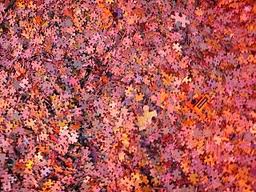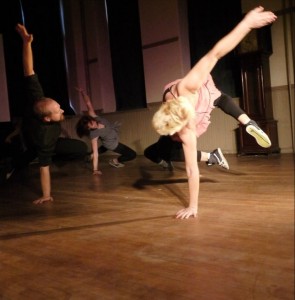 “For a while, I felt a little self-impelled to write Lou Reed kind of songs. I should have understood that a Lou Reed song was anything I wanted to write about.” – Lou Reed
“For a while, I felt a little self-impelled to write Lou Reed kind of songs. I should have understood that a Lou Reed song was anything I wanted to write about.” – Lou Reed
“S uccess is liking yourself, liking what you do, and liking how you do it.” – Maya Angelou
uccess is liking yourself, liking what you do, and liking how you do it.” – Maya Angelou
The two quotes above are from American artists and cultural icons who passed away very recently. Together their statements address an issue that is often overlooked: while at this point most graduates are used to hearing the advice “do what you love,” I think it is just as important to love what you do.
There is a lot to be said for focusing on the rewards that, rather than coming from external recognition, are derived from self-development, being true to who you are at any moment, and enjoying the person who is growing and maturing. You do not always have to know your long-term goals, or even “follow your passion” in order to like yourself, like what you do, and like how you do it. It is hard to argue with Ms. Angelou’s definition of success. When Lou Reed stopped limiting himself to what he thought was the Lou Reed sound he found authentic appreciation for his own work.
To me, “love what you do” isn’t an exhortation to find something you love, but suggests that whatever task you take on, whatever role, you have the opportunity to make it yours. A job, project or career path has the potential to provide a measure of fulfillment if you look for the aspects of it that you appreciate. You can focus on what would improve it, and work towards making change. Or you can find that a job, even one you don’t want to do “forever,” might give you more insight into who you are and what matters to you.





